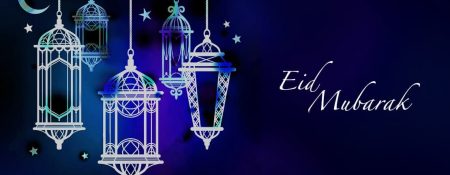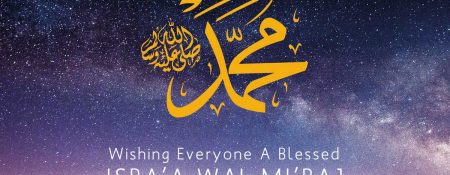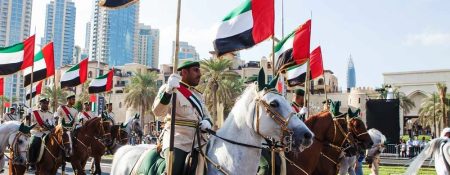
This holiday signifies the start of Muharram, the first of twelve months in the Islamic lunar calendar.
Unlike the Gregorian calendar, the Islamic calendar is based on the lunar cycle, resulting in a different year count and varying dates for the New Year. The Islamic calendar commenced with a pivotal event in the life of the Prophet Muhammad (PBUH) — the Hijra, the migration of the Prophet and his followers from Mecca to Medina in 622 CE. This migration is the cornerstone of Islamic chronology.
The Islamic New Year begins with the sighting of the first moon of Muharram. The transition from the last month of the previous year, Dhu al-Hijjah, to Muharram is determined by special astronomical committees in Muslim countries. These committees conduct moon sightings to declare the start of the new month and, consequently, the new year.
If the crescent moon is visible, the new month begins, marking the Islamic New Year. This determination process underscores the connection between Islamic holidays and the lunar cycle, leading to annual variations in the exact date of the New Year.

The announcement of the New Year is made by moon-sighting committees in Muslim countries. Typically, these committees convene on the eve of the anticipated date to make the official declaration. When the New Year falls on a working day, it is usually observed as a public holiday, granting a day off for both public and private sector workers, as well as schoolchildren.
Celebrations of the Islamic New Year in the UAE and other Muslim-majority countries include gatherings in mosques for prayer meetings and spending time with family, relatives, and friends. Though it might not be as exuberantly celebrated as Eid al-Fitr or Eid al-Adha, Islamic New Year is a significant and reflective time for Muslims.
Visitors to Muslim countries during the New Year should be aware of cultural practices such as the ban on alcohol sales on this day. However, they can also enjoy certain conveniences, such as free parking in major cities like Dubai and Abu Dhabi.
In summary, the Islamic New Year is a time of spiritual reflection and community for Muslims, marking the start of a new year in the Hijri calendar. It is a unique celebration with deep historical roots and cultural significance, observed with reverence and joy by Muslims around the world.



